

2017-04-19 17:37:00 Wed ET
stock market gold oil stock return s&p 500 asset market stabilization asset price fluctuations stocks bonds currencies commodities funds term spreads credit spreads fair value spreads asset investments

Apple is now the world's biggest dividend payer with its $13 billion dividend payout and surpasses ExxonMobil's dividend payout record. Despite the slight reduction in the number of iPhone sales in the most recent quarter 2017Q1, Apple CEO Tim Cook looks forward to releasing iPhone X as a brand-new smart phone revolution.
This new product will carry proprietary technologies such as OLED curvy touch screen, facial recognition, wireless charging service, and artificial intelligence.
In addition, Apple plans to initiate sequential share repurchases of at least $200 billion by 2020.
In the next few years, the world's biggest tech giant is likely to expand its media service revenue with the financial trifecta of massive dividend payout, share buyback, and offshore cash repatriation.
This financial trifecta will enable Apple to attract better dividend clienteles of long-run institutional investors with American focus on supply chain automation, domestic job creation, intellectual capital innovation, and even some further acquisition of complementary tech-savvy startups.
This latter horizontal consolidation can travel up the corporate value chain for better vertical integration in terms of both productivity and efficiency gains.
One of Apple's upstream suppliers, Taiwan's Foxconn Technology Group, may establish one or more new plants in America in response to President Trump's macroeconomic expansion.
If any of our AYA Analytica financial health memos (FHM), blog posts, ebooks, newsletters, and notifications etc, or any other form of online content curation, involves potential copyright concerns, please feel free to contact us at service@ayafintech.network so that we can remove relevant content in response to any such request within a reasonable time frame.
2017-03-03 05:39:00 Friday ET

As the biggest IPO since Alibaba in recent years, Snap Inc with its novel instant-messaging app SnapChat achieves $30 billion stock market capitalization.
2018-05-17 07:41:00 Thursday ET
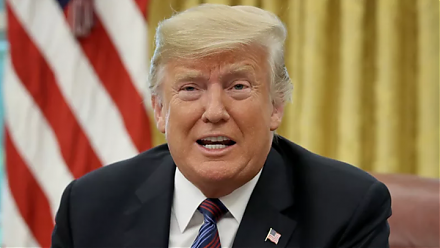
Has America become a democratic free land of crumbling infrastructure, galloping income inequality, bitter political polarization, and dysfunctional governa
2023-11-30 08:29:00 Thursday ET
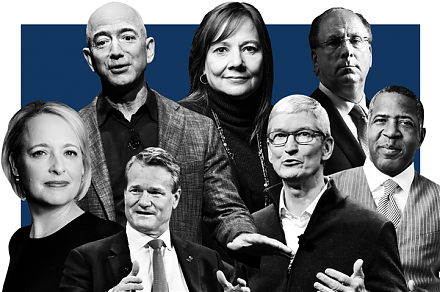
In addition to the OECD bank-credit-card model and Chinese online payment platforms, the open-payments gateways of UPI in India and Pix in Brazil have adapt
2020-02-02 10:31:00 Sunday ET
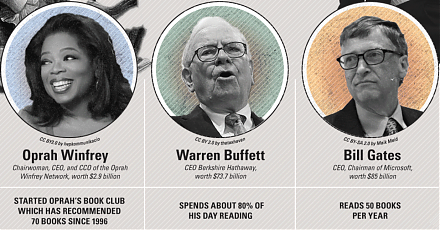
Our proprietary alpha investment model outperforms the major stock market benchmarks such as S&P 500, MSCI, Dow Jones, and Nasdaq. We implement
2025-07-01 13:35:00 Tuesday ET
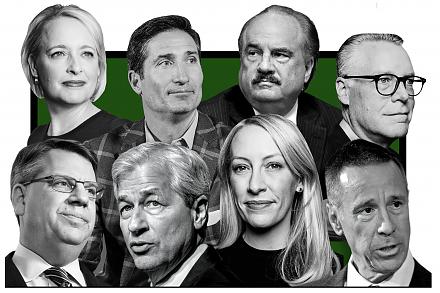
In recent times, financial deglobalization and asset market fragmentation can cause profound public policy implications for trade, finance, and technology w
2024-04-30 09:30:00 Tuesday ET
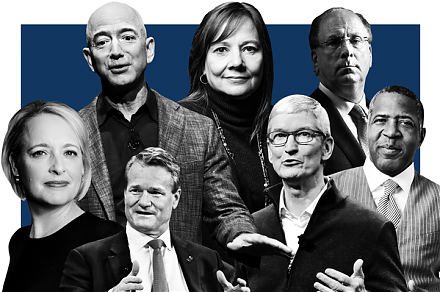
With clean and green energy resources and electric vehicles, the global auto industry now navigates at a newer and faster pace. Both BYD and Tesla have